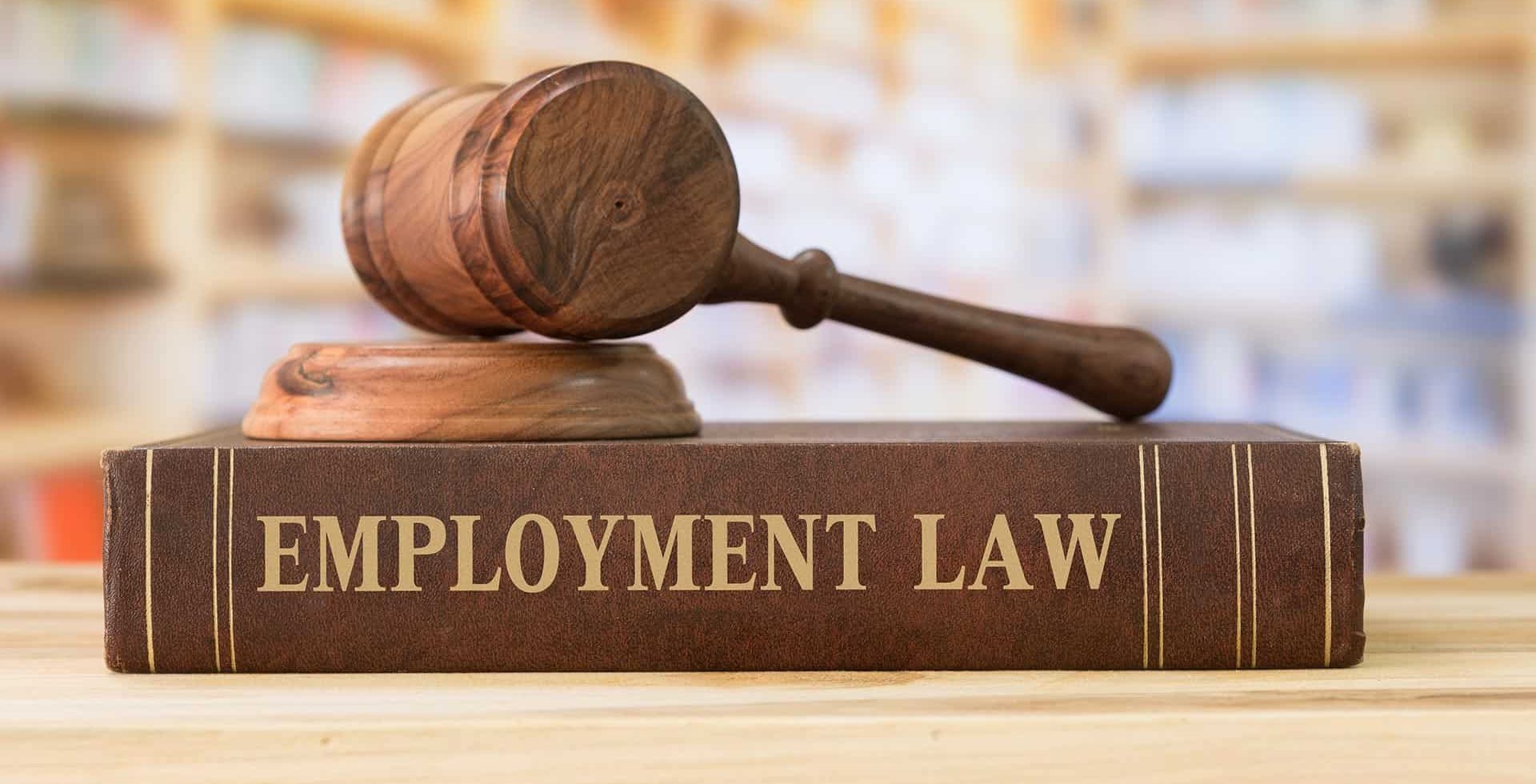A personal grievance as a complaint or claim that an employee is able to bring against a current or previous employer.
There are many grounds upon which an employee can bring a personal grievance. The most common reasons would:
a) unjustifiable dismissal or termination from employment
b) discrimination, sexual and racial harassment.
c) disadvantage that may be suffered by an employee during employment caused by some unjustifiable action. There are many actions that could amount to unjustifiable actions. For example, unjustifiable actions might include:
- bullying,
- commencing a disciplinary process when there is no basis for doing so,
- not following a fair process in a disciplinary investigation, restructuring or redundancy,
- changing hours of work and rate of pay without consultation with an employee.
d) an employer failing to comply with legal obligations in connection with employees who are affected by a restructuring or sale of the business.
What is the process for raising a personal grievance and resolving an employment relationship problem?
In some instances, it is possible to resolve the problem informally by discussions with an employer.
If this doesn’t work, then you should proceed to formally raise a personal grievance.
In order to formally raise a personal grievance, the grievance should ideally be in writing. It should describe the facts and details giving rise to the grievance, require a response and request an opportunity to resolve the personal grievance. There has to be enough detail provided in the personal grievance letter for the employer to be able to sufficiently respond to the grievance and to know exactly what the grievance is about.
It is possible for employees to raise a grievance by verbal communication but if there is a factual challenge later about what was said then in the absence of a written communication it will be very difficult to prove that the grievance was properly raised.
The reason why it is important to put a grievance in writing and to provide a sufficient level of detail is that if an employee does not do so, then at a later point in time they could be prevented from taking any legal action in relation to the grievance.
It is important to remember that employees have got 90 days from when the personal grievance first arose or first came to the employee’s attention (whichever is the later) in order to formally raise the grievance. This time can slip by very quickly and so it is important to act promptly if you think you have grounds for a personal grievance. There are limited circumstances where there is an extension to this time. But those situations are very limited and should only be relied upon as a last resort.
After the grievance has been raised, there will be the opportunity to have settlement discussions. Requesting mediation from the free service of employment mediation services is a good way to try and resolve your dispute. Essentially, mediation is an out-of-court negotiation with the parties attempt to resolve the dispute without the need for any formal hearing. See my article on “The five top reasons to mediate” (insert link here) for the benefits of mediation. If mediation or other settlement discussions don’t work then you may then proceed to bring a claim in the Employment Relations Authority. You have three years to bring any such claim after the time that you raised your personal grievance.






